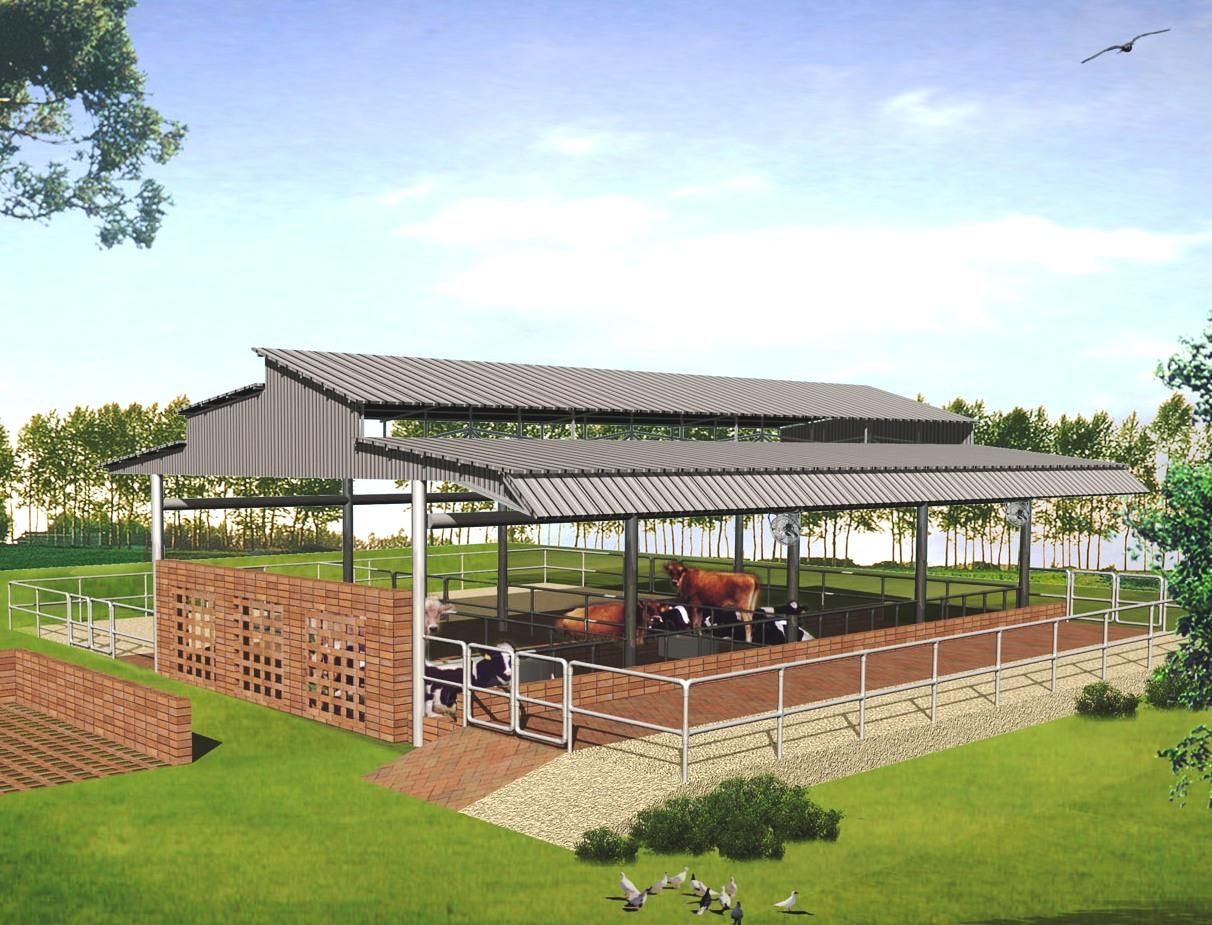The Sri Vidya Learning Centre (SVLC), a registered educational trust, is dedicated to spreading the ancient teachings of Sri Vidya, aiming to promote physical, psychological, emotional, and spiritual well-being for all of humanity.
SVLC, founded by spiritual visionary Guru Karunamaya (born Kompella Venkata Surya Subba Rao), aims to demystify and disseminate the teachings of Sri Vidya, enabling individuals from all walks of life to comprehend and benefit from these teachings. Guided by the philosophy that genuine service represents the highest form of love and compassion, the Centre positions service to humanity at its core, leading individuals towards self-fulfilment and spiritual enlightenment.
SVLC’s teachings, modernised under Guru Karunamaya’s tutelage, encompass scientifically validated methodologies interwoven with ancient wisdom, encouraging a deeper understanding and appreciation of life. The practice of Sri Vidya is conveyed through physical movements akin to yoga, therapeutic breathing techniques, and invigorating chantings. Further enrichment is provided through self-reflection, meditation sessions, and interpersonal and intrapersonal development programs.
SVLC has recently secured a 9-acre plot in Kanchipuram, Tamil Nadu, marking a significant milestone in its mission to establish a permanent centre. This initiative aligns with the Centre’s vision of creating a broader societal impact, enabling the expansion of its social responsibility activities on a larger scale.
The establishment of the permanent centre is set to boost SVLC’s existing initiatives focused on women’s empowerment, child development, and enhancement of life quality and relationships. With residential programs forming the cornerstone of the new Centre’s approach, the SVLC is set to increase its societal impact.
Residential programs are to be a cornerstone of the new Centre’s approach. One of the plan’s key components involves residential programs focusing on training and capacity building. This initiative aims to create a cadre of resource persons who can contribute to various societal development areas, including women empowerment, child development, improving the quality of education, and making nutritious food accessible to pregnant women and children.
The permanent Centre aims to become an epicentre for innovative ecological initiatives as part of its holistic vision. These include rainwater harvesting, afforestation using the Miyawaki technique, establishing a GoShala (cow shelter), and creating an Aushada Vanam (medicinal plant garden).
Upholding traditional Indian practices and values, the Centre will establish a GoShala, caring for native Indian cows and supporting ethical animal treatment and natural farming practices.

Free Cow milOur dedicated initiative focuses on distributing cow milk, free of charge, to pregnant women and infants in the surrounding villages around the SVLC campus. We understand the significance of cow milk as an essential source of nourishment, containing vital nutrients such as proteins, vitamins, minerals, and fats. By providing this valuable resource, we aim to support the health and well-being of these vulnerable
individuals, ensuring they receive the necessary nutrition during this critical period of growth and development.
Through collaboration with the community, our goal is to foster healthier lives and contribute to reducing malnutrition and related health issues. This initiative not only underscores the significance of cow milk but also demonstrates our dedication to community welfare and the promotion of healthier lifestyles.
The campus will be home to 18,000** native trees.
(* Approximately 30 feet running around the circumference of 9 acres of land. **Data across India has proven that approximately 12,000 trees can be grown in the Miyawaki method on 1 acre of land.)
The Miyawaki method creates dense, fast-growing, and sustainable native forests. The technique ensures plant growth is ten times faster, and the resulting plantation is 30 times denser than usual.
Generally, a mature forest can absorb approximately 2.5 tons of carbon dioxide per acre annually. This is about 0.91 tons of carbon. This figure will be higher with the Miyawaki method, considering the density of the forest it creates. About 0.91 tons of carbon sequestered produces about 3.33 tons of oxygen.

A Puskarini (rainwater harvesting reservoir) will be developed on one acre to capture and harvest 3.7 million litres* of rainwater post-evaporation for multi-purpose use at the SVLC Campus in Kanchipuram.
(* Average annual rainfall in Kanchipuram is 937mm. 3.7 million litres is taken conservatively.)
SVLC is dedicated to the development of residential programs aimed at empowering women. Through innovative initiatives, SVLC strives to equip women with the necessary skills and resources to become self-sustaining, self-reliant, confident, and responsible societal leaders. These transformative programs will be free to individuals with limited financial means.
SVLC is preparing to introduce a range of skill development certificate programs for young women to improve their quality of life. Unlike existing skill development training solely on teaching employment-related skills, SVLC recognises the significance of self-reliance and confidence in fostering independence. Research has demonstrated that acquiring self-reliance and confidence requires a comprehensive understanding and awareness of social, economic, and emotional factors. Therefore, SVLC employs diverse techniques to promote physical, psychological, and emotional development, fostering a holistic approach to empowerment.
SVLC is forging partnerships with prestigious institutions to provide certificate programs in Social Entrepreneurship exclusively for women. These programs will equip aspiring female entrepreneurs with the knowledge, skills, and tools to create and sustain socially impactful ventures. By collaborating with renowned institutions, SVLC aims to deliver high-quality educational experiences that empower women to become successful social entrepreneurs and make a positive difference in their communities.
Transforming Lives of Children with Disabilities: Throughout the past four decades, Guru Karunamaya, the founder of SVLC, has dedicated his efforts to working with children with diverse disabilities. Programs like Triveni Kalpam have greatly benefited children and their parents. Triveni Kalpam, specifically tailored to support children with conditions such as borderline and mild autism, Asperger’s syndrome, Down syndrome, speech delays, non-verbal learning disabilities, and more, has proven highly effective. These programs have played a pivotal role in improving the lives of children by
addressing their unique needs and providing them with the necessary support and guidance.
Programs like Triveni Kalpam have had a profound impact, benefiting hundreds of children with disabilities and difficulties. Beyond the positive outcomes for the children themselves, these programs have also provided valuable support for parents in managing their children’s challenges, enabling them to develop effective strategies for both self-care and overall family well-being.
This project report outlines SVLC’s ambitious vision for expanding its societal impact through its permanent centre. By aligning its goals with the principles of Corporate Social Responsibility, SVLC seeks support from like-minded organisations and individuals to realise this significant undertaking.